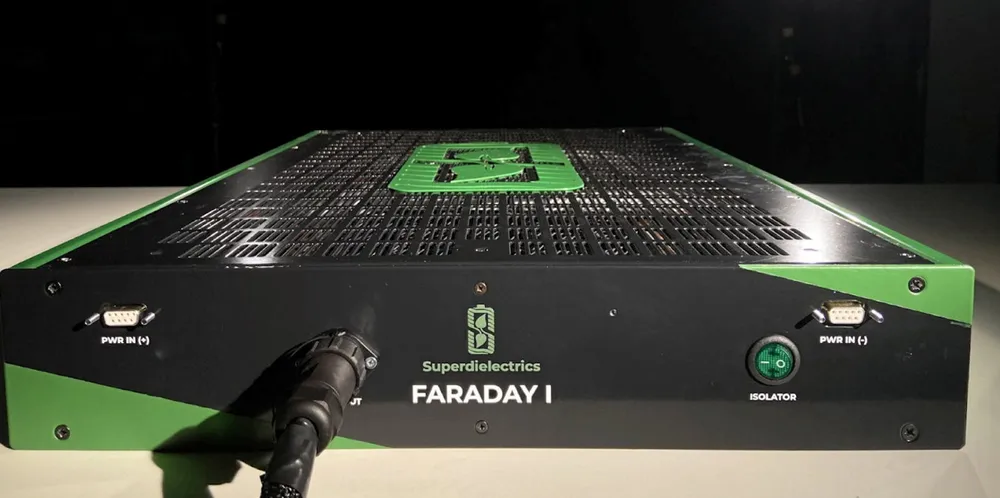Hydrogen veterans have lithium-ion in crosshairs with 'physics-meets-chemistry' battery alternative
Supercapacitor energy storage tech is cheap and safe, claims start-up led by former ITM Power executives

Supercapacitor energy storage tech is cheap and safe, claims start-up led by former ITM Power executives
